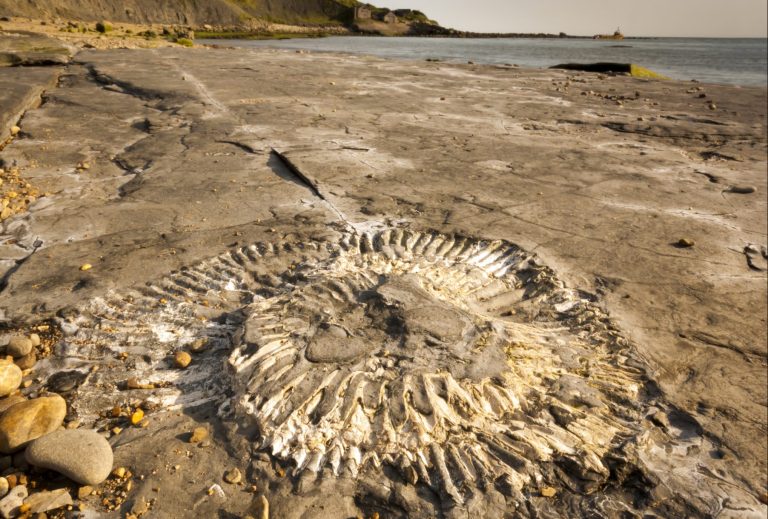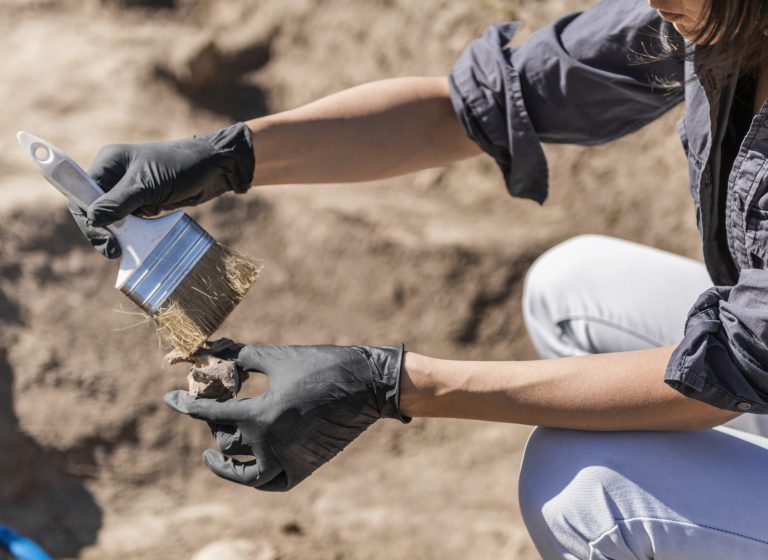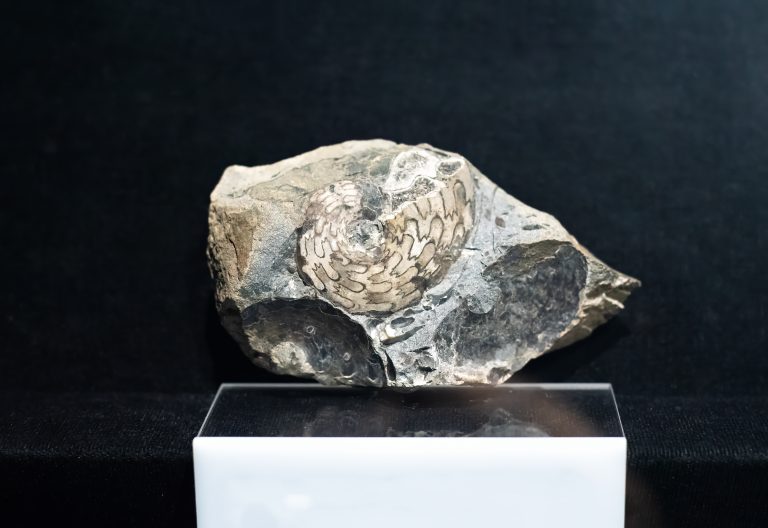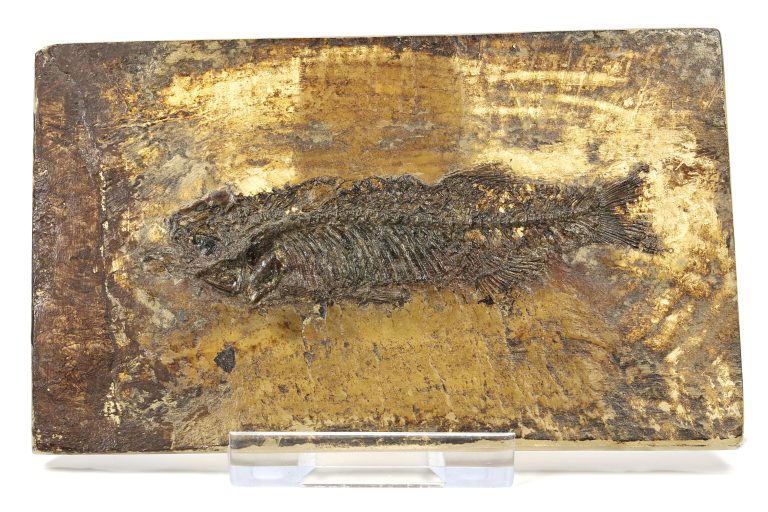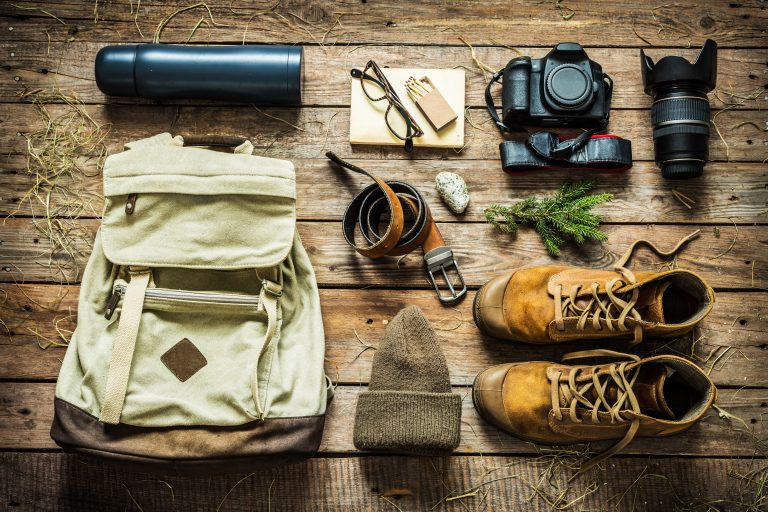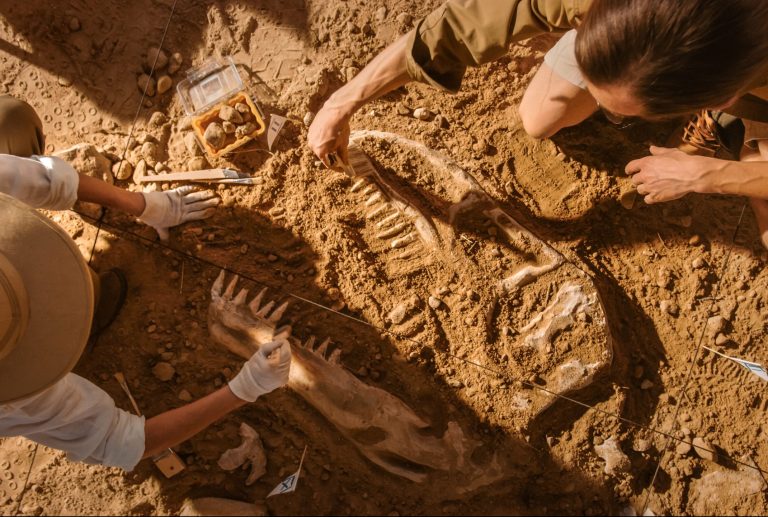10 Facts About Keeping Dinosaur Bones Found on Your Land
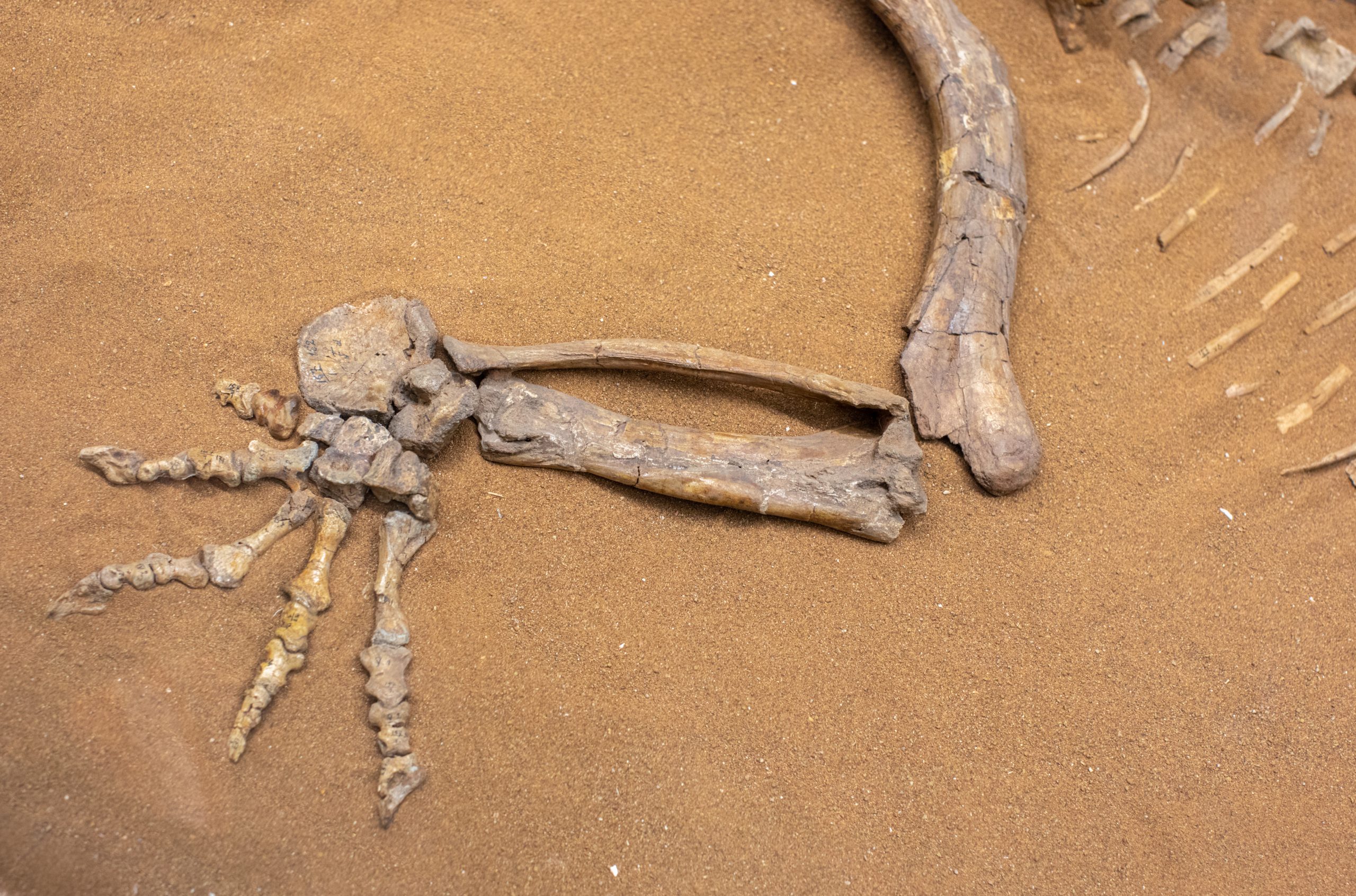
Stumbling upon a dinosaur bone on your property isn’t something you’d expect while gardening, but imagine if it happened! The experience would be nothing short of extraordinary, opening up a prehistoric chapter right beneath your feet.
1. Discovery Protocol
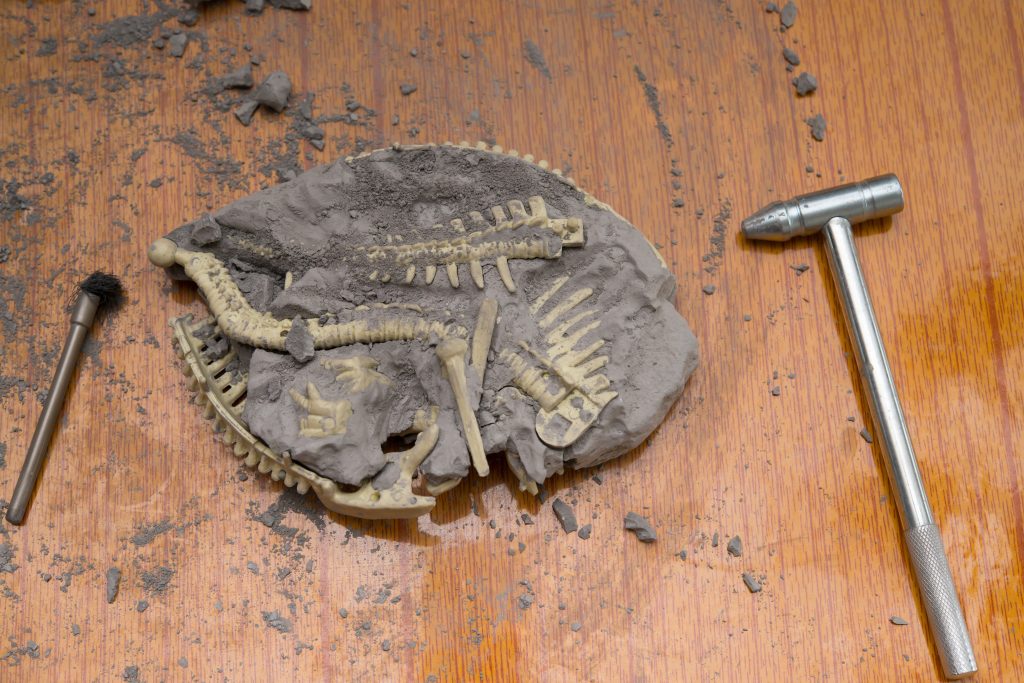
When you unearth what appears to be a dinosaur bone, it’s like hitting the paleontological jackpot. First things first, document the location with photos and note any visible landmarks. It’s crucial not to disturb the site more than necessary; these relics are delicate and can be easily damaged.
Consider the area a crime scene where every move could be a clue (or in this case, a fossil) lost. If you’re not sure what you’ve found, a local university or museum can usually give you a hand in identifying your discovery. Remember, it’s not just a rock; it’s a piece of the Earth’s history.
2. Legal Ownership Rights
Now, before you start dreaming of your museum, it’s important to understand the legal side. Ownership rights vary by region, but often, fossils found on private land belong to the landowner. However, there’s a ‘but’ (and it’s a big one).
Hey hey! Don’t forget to subscribe to get our best content 🙂
Some countries claim all fossils as state property, no matter where they’re found. So, don’t go thinking you’re the king of the dinosaur castle just yet! You’ll need to check local regulations to avoid any Jurassic-sized legal battles.
3. Reporting to Authorities
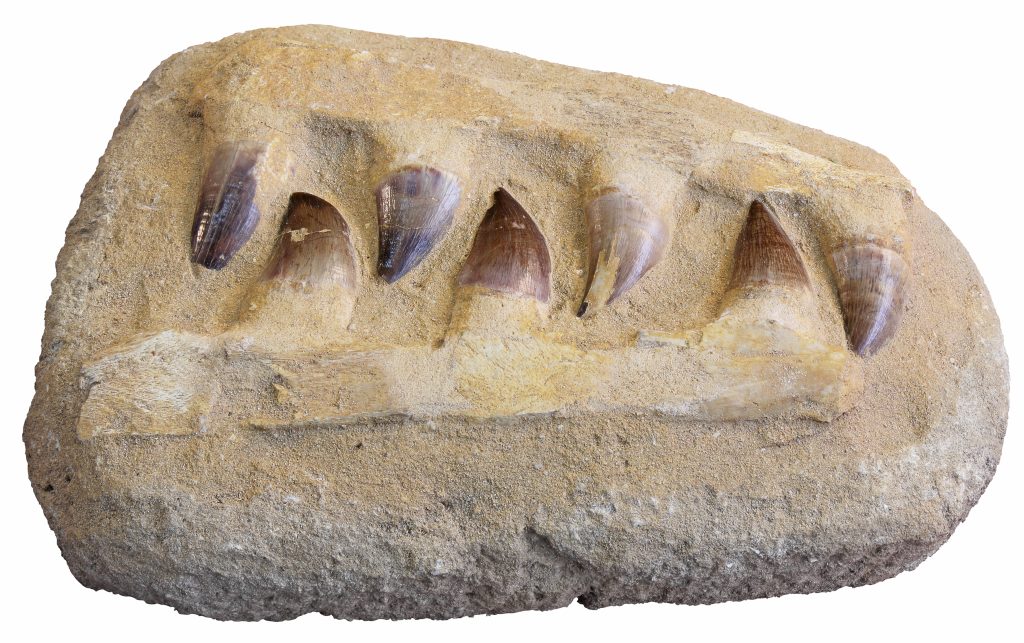
If you’re holding onto a piece of prehistory, it’s not just a find; it’s a responsibility. Reporting your discovery to the proper authorities, such as local paleontological societies or government bodies, is a must. They can guide you through the next steps and ensure the fossil is handled correctly. Think of it as calling in the experts when you’ve found a treasure chest (because, in a way, you have!).
4. Preservation Techniques
Preserving a fossil is no small feat; it’s a bit like trying to keep a cookie from crumbling in a toddler’s hand. You’ll need to resist the urge to clean or move the bones, as untrained handling can cause irreparable damage.
If the fossil is exposed, gently cover it with damp paper towels and plastic to protect it from the elements. Specialists in fossil preservation (picture a doctor for dinosaur bones) will take it from there, using their skills to ensure the fossil remains intact for study and display.
5. Scientific Importance
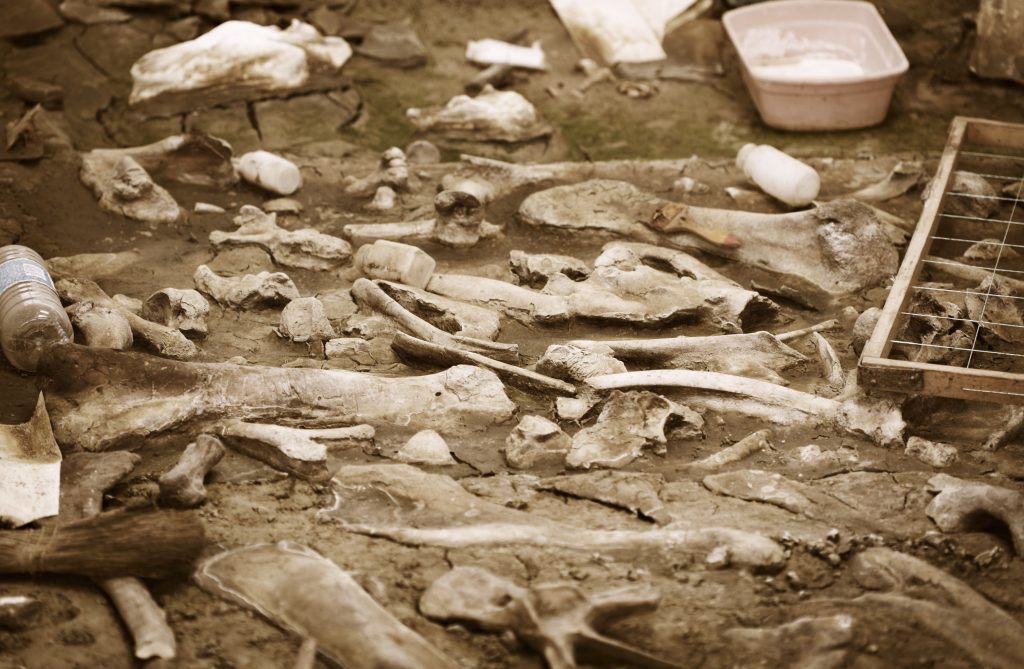
Unearthing a fossil on your land isn’t just cool, it’s scientifically invaluable. Each bone is a piece of the puzzle in understanding our planet’s history. These remains help scientists piece together the lives of dinosaurs, their environments, and even why they became extinct.
Your discovery could be the key to unlocking new knowledge, and sharing it with the scientific community is a way to contribute to our collective understanding of the past.
6. Potential Value Insights
While it’s not all about the money, let’s be real—dinosaur bones can be worth a pretty penny. Their scientific value often translates into monetary value, especially for well-preserved or rare specimens.
However, the true worth of these ancient remains lies in their educational and research potential. They’re like nature’s textbooks, and sometimes, the lessons inside are priceless.
7. Public Access Considerations
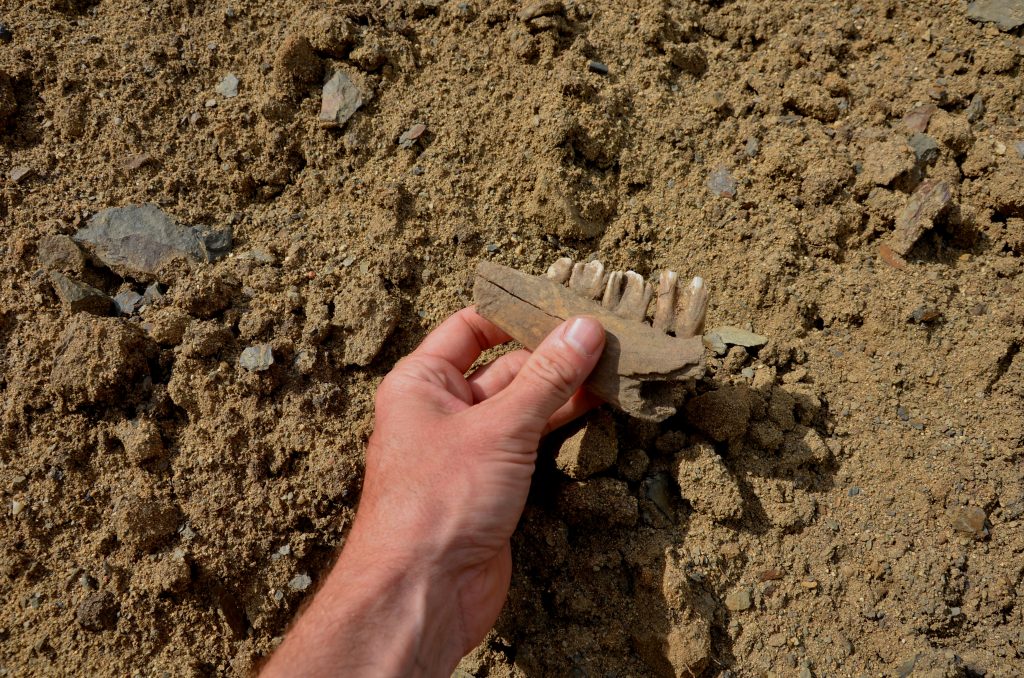
Your fossil find might raise questions about public access. While it’s natural to feel protective over your discovery, consider the benefits of sharing it with the world.
Museums and educational institutions can provide a wider audience with the opportunity to learn and be inspired. Think of it as hosting a history exhibit in your backyard—only now, it’s for everyone’s backyard.
8. Ethical Responsibilities
Discovering a dinosaur fossil comes with a T-Rex-sized ethical responsibility. These remains are a part of our natural heritage and should be preserved for posterity. It’s not just about possession; it’s about protection and education.
By ensuring the fossil’s safety and scientific study, you’re honoring the Earth’s ancient inhabitants and contributing to the greater good.
9. Collaborating with Museums
Museums are like the guardians of history, and collaborating with them can ensure your discovery is celebrated and studied properly. They have the facilities to preserve and display fossils, allowing the public to marvel at these prehistoric wonders.
Plus, they can provide you with expertise and resources, making it a win-win. It’s like teaming up with Indiana Jones—adventure and academia combined.
10. Long-Term Care and Management
The long-term care of dinosaur bones is no joke—it’s a commitment akin to adopting a pet (albeit one that’s several million years old). If you decide to keep the fossil, you’ll need to consider climate control, security, and even insurance.
Alternatively, entrusting the fossil to a museum can alleviate these concerns, ensuring the bone’s preservation for future generations to study and enjoy.
In the end, finding a dinosaur bone is a blend of excitement, responsibility, and opportunity. It’s a chance to touch a part of history and contribute to our understanding of the world—a truly timeless experience.

